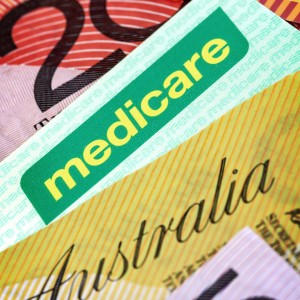Home doctor services, also known as medical deputising services, provide after-hours primary health care to patients in their home or aged care facility on behalf of the patient’s regular GP. A recent review of home doctor services in Australia as part of a broader review of Medicare items, found that after-hours visits do not represent value for money to taxpayers and consequently there have been calls for cut-backs on Medicare rebates.
The review was conducted by the Medicare Benefits Schedule Review Taskforce. It found that Medicare benefits on after-hours items grew from $90.8m to $245.9m between 2010/11 and 2015/16, an increase of 170%. Call-outs after hours deemed urgent attract a rebate up to $80 more than the standard Medicare item.

p>Medical deputising services claim after-hours home visits do provide a financial benefit because patients would otherwise attend emergency departments, which is more costly, and that home doctor services ensures patients have 24-hour access to quality primary care. However, research shows that the growth of after-hours services has not significantly reduced the number ED admissions. The National Association for Medical Deputising Services believe changes to the Medicare rebate will result in closure of services in regional communities and cost patient lives. They argue that the majority of GPs providing after-hours visits are on a training pathway and not eligible for the higher rebate anyway.
The Medicare Benefits Schedule Review Taskforce recommends that the rebate only be payable to a GP who normally works during the day and is called to manage a patient after-hours. They also suggest greater clarity around urgent call-outs, restricting those claimed as urgent to visits which cannot be delayed until the following day. The recommendations are supported by the Royal Australian College of General Practitioners because they believe it provides better continuity of care due to family GPs knowing a patient’s history and having access to a patient’s medical records.
The government is supporting the proposed cut-backs on the higher Medicare rebate for urgent after-hour services, stating that some medical deputising services are promoting their business model to potential patients and using the system to make money. There is a concern that after-hours services are replacing visits to a regular GP rather that complementing them. The findings are currently open for public consultation.
